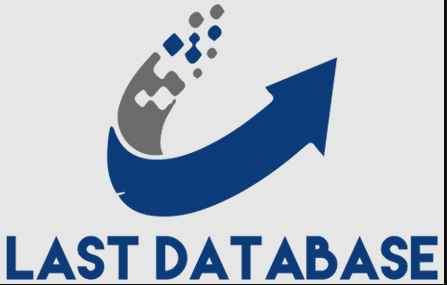In the digital age, data-driven marketing has become a cornerstone of successful marketing strategies. Email marketing, in particular, benefits significantly from data-driven insights. This article explores the importance of data in email marketing strategies and how businesses can leverage data to create more effective and targeted email campaigns.
Understanding the Role of Data in Email Marketing:
Heading 1: A Foundation for Success
Data serves as the foundation of a data-driven email marketing strategy. It encompasses valuable information about the audience, including demographics, behavior, preferences, and engagement patterns. By leveraging this data, businesses can gain a deep understanding Lebanon Email list of their subscribers and tailor email content to meet their specific needs and interests.
Segmentation for Personalization:
Heading 2: Targeted Messaging
Data segmentation is a powerful technique that allows businesses to divide their email list into distinct segments based on specific criteria. Segmentation can be done using factors such as purchase history, geographic location, age, and engagement level. This approach enables businesses to send personalized and relevant content to each segment, increasing the likelihood of engagement and conversions.
Analyzing Email Performance:
Heading 3: Making Informed Decisions
Data analytics plays a pivotal role in measuring the success of email campaigns. By analyzing email performance metrics such as open rates, click-through rates, and conversions, businesses can assess the effectiveness of their email marketing efforts. Data-driven insights help marketers identify what resonates with the audience and make data-backed decisions to optimize future campaigns.
A/B Testing for Optimization:
Heading 4: Improving Campaigns
A/B testing involves comparing two variations of an email to determine which performs better. By conducting A/B tests on different elements of an email, such as subject lines, visuals, or CTAs, businesses can identify the most effective combination for their audience. Data from these tests guides marketers in refining their email marketing strategies for better engagement and higher ROI.
Automated Workflows:
Heading 5: Efficiency and Personalization
Data-driven email marketing enables businesses to set up automated email workflows triggered by specific actions or time-based events. Automated workflows deliver targeted content at the right moment, such as welcome emails for new subscribers, product recommendations B2B Lead based on past purchases, or cart abandonment reminders. These automated sequences enhance efficiency, nurture leads, and provide a personalized experience for each subscriber.
Conclusion:
Data is the backbone of a successful email marketing strategy. By harnessing the power of data, businesses can create personalized and targeted email campaigns that resonate with their audience. Data-driven insights provide valuable information to optimize email content, measure campaign performance, and refine strategies for better engagement and conversions. By leveraging data analytics, segmentation, A/B testing, and automated workflows, businesses can unlock the full potential of email marketing and build lasting relationships with their subscribers.







